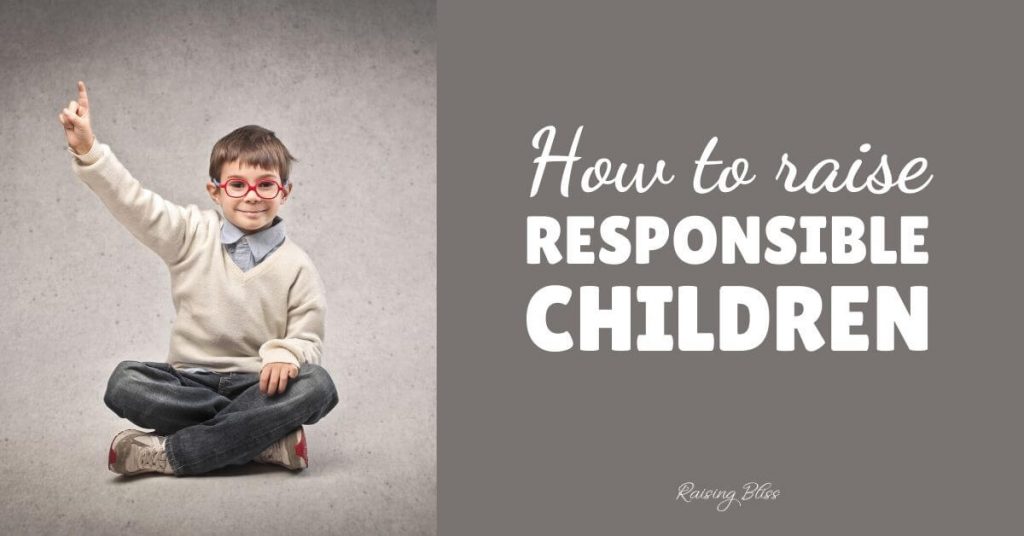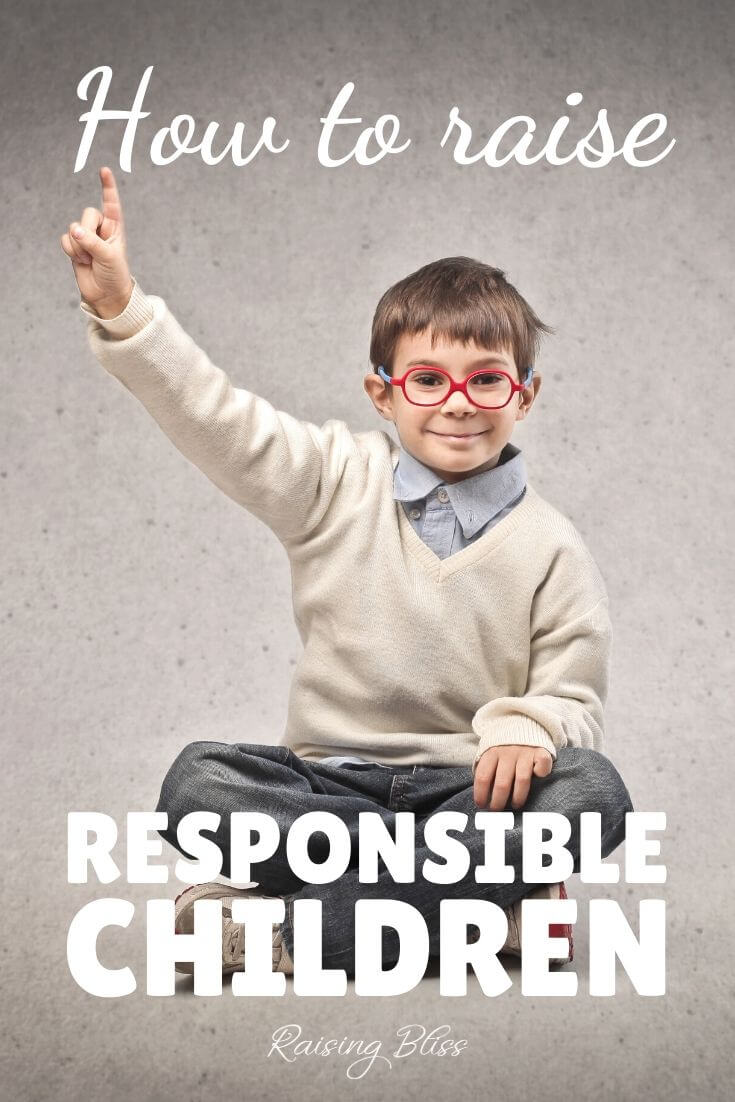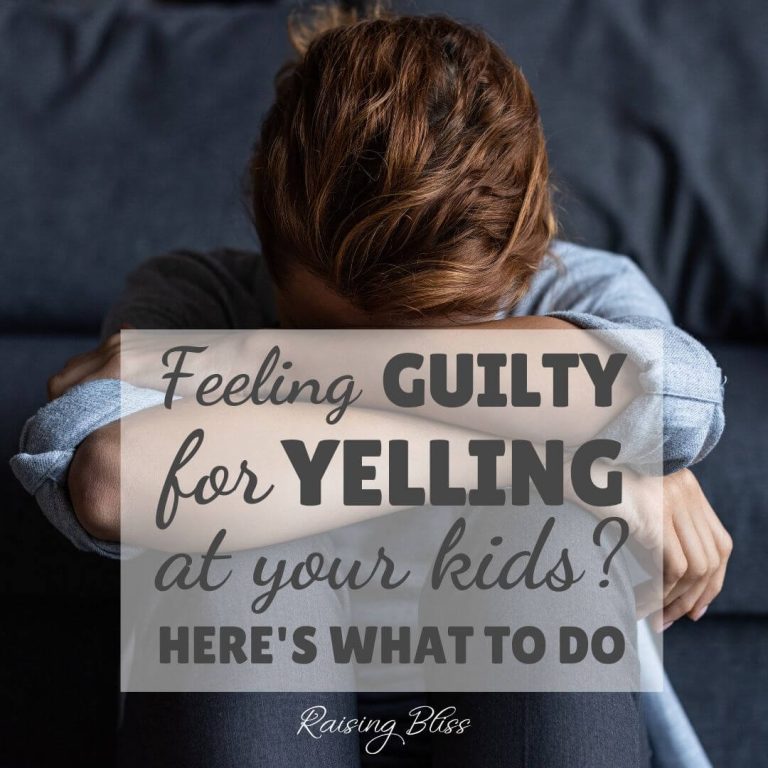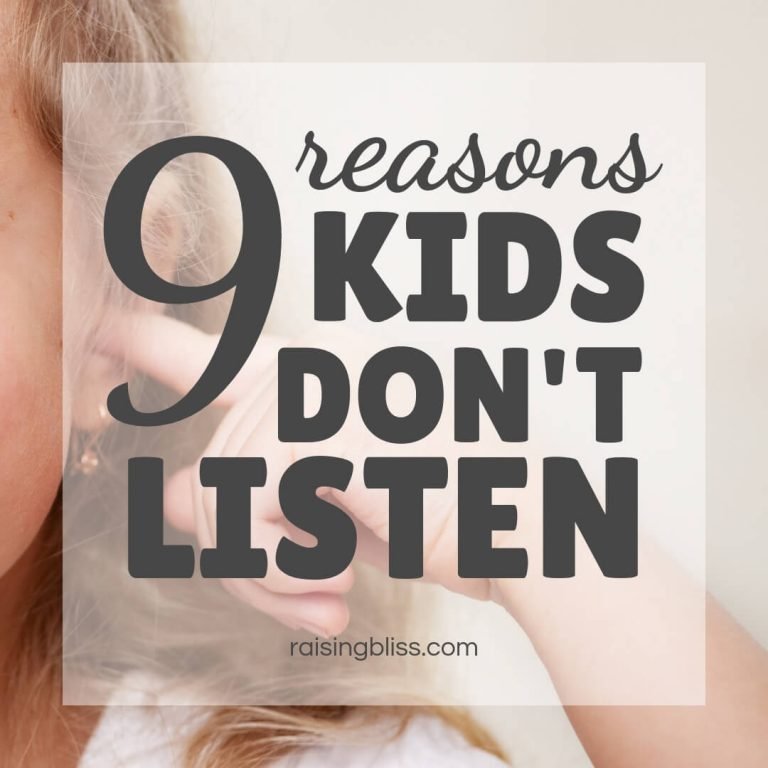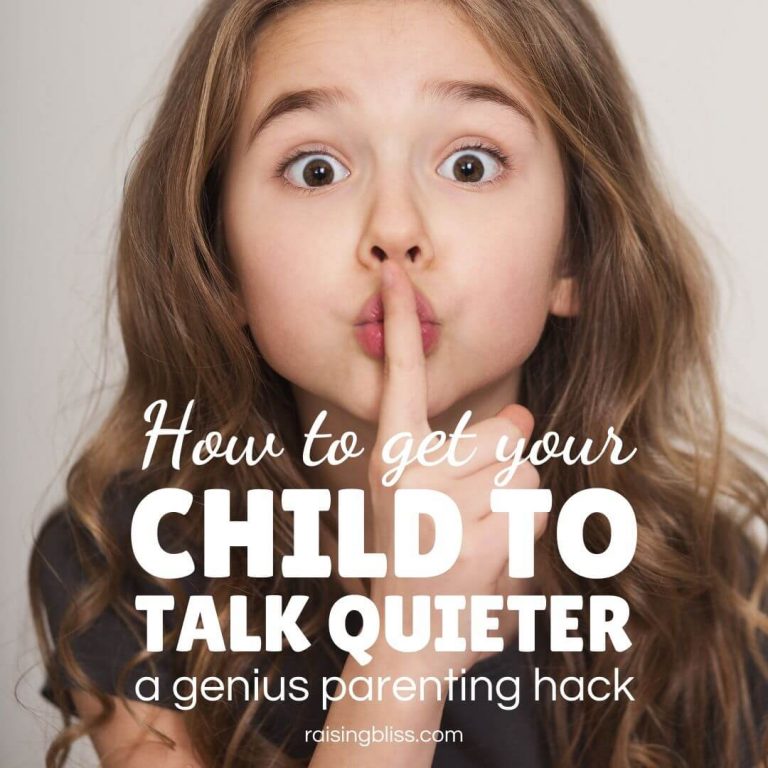How to Raise Responsible Children
Inside: How to rais responsible children – 17 steps for success
In a previous post, The Fact About Kids’ Independence that Will Surprise You, we talked about the difference between independence and responsibility in children and why raising our kids to be responsible is the most important part of raising them to become independent.
Now that we know the importance of responsibility in kids, let’s talk about what we can do to raise responsible children.
1. Give unconditional love
In order to thrive, kids need to feel accepted and loved unconditionally. If they feel that their parents’ love and acceptance is conditional upon their behavior, it’s hard to do better because they are constantly under pressure to perform.
2. Show respect
Kids are people too. They need respect as much as adults do. Kids that are respected and have a voice in their family are most likely to reach their potential.
3. Stop doing everything for them
We love our kids, and often we want to show them we love them by doing everything for them. But when we do that, we are doing our children a disservice because we are preventing them from learning responsibility.
4. Encourage them
“But I’m not good at it!” Is a phrase I hear often. I usually follow it by, “Yet. You’re not good at it yet. But with practice, you’ll get better, and then you’ll get really good.” It’s important to encourage our kids to not shy away from hard work and to keep trying. Encourage them to learn something new and to not give up when things don’t work out the first time.
5. Show confidence in their abilities
When your child is learning a new skill, it can be tempting to correct him on the spot. When you do that, he is feeling judged and insufficient. Our purpose is to build our children up, and sometimes that means letting him make mistakes and staying quiet. Of course, some mistakes are too costly and we have to step in, but for the most part, we have to step away and let our children learn.
6. Give them space to figure it out
You can guide your kids in their decisions, but ultimately, they need to learn the art of making the right choices. Don’t decide on everything for them. Give them space to figure things out on their own.
7. Offer help if they need it
When your child is stuck, ask if he needs help. Then give him possible options for a solution and step away to let him have the freedom to make the choice himself. You’re helping him solve the problem, but you’re not telling him what he should do. This helps build confidence because it leaves him in control of his decisions. After all, you are his guide, not his dictator or his boss.
8. Teach them to be accountable for their decisions
When your child decides to leave his remote control car outside, even after you’ve reminded him about it, and the rain ruins it, he no longer has a car that works. If mama buys him a new one right away, the lesson isn’t learned. In order to learn responsibility, he needs to feel the natural consequence of his decisions.
9. Ask for their opinions
Include your children in your family’s decision-making process. Ask them what they think, and consider their opinions when making the final decision. This can happen on a small scale, like deciding what to have for dinner, or on a larger scale, like deciding where to go on the next family vacation.
10. Teach them problem-solving
When you have a situation that wasn’t handled very well, wait for everyone to calm down, and then troubleshoot. Together, come up with several possible solutions to this one problem, and decide which one to try first next time a similar situation comes up.
11. Assign household responsibilities
On one of the visits to my 8-year-old’s classroom, the kids and I talked about chores. I was surprised to find out that not many of my son’s classmates have any responsibilities other than homework. It’s important for kids to have daily chores, even if they only take ten minutes to complete. Chores help build basic life skills and help our children develop a good work ethic. Here is more about kids and chores.
12. Give grace and be patient
When kids (and adults, too) are learning something new, it’s rare that they master it right away. If your child is learning how to do a household task, don’t be upset if you have to fix his work. He is learning, and that takes time. Be patient and don’t point out his mistakes right away. He will see them soon enough. If he is constantly reminded of what he did wrong, he will not want to try again next time.
13. Don’t overwhelm them
When you are making any changes, it’s important to ease into them. This applies to your own habits as well as introducing kids to new things. When adding responsibility to your child’s plate, start slow. Once they’re used to one thing, then introduce the next.
If you have always cleaned your son’s room for him and decide it’s time for him to do it himself, don’t expect him to clean the room, do his laundry, and put it up, too. Encourage him to take one step at a time. He will be less likely to rebel and it’ll be easier for him to turn a new skill into a habit.
14. Teach them the right way to fail
We are all somehow afraid of the word failure. And yet, we fail all the time. Our kids fail, too. It’s important to teach them that when we fail, we learn. We know what didn’t work, and we know we need to try something else next time. And when we learn, we get better. So failure is not really failure if you use it to learn and to get better.
15. Let kids be kids
We as parents cannot expect our kids to be perfect. We can’t expect ourselves to be perfect, either. Perfection is the killer of joy. Let kids be kids, and sometimes, be a kid with them.
16. Be flexible
It’s okay to compromise. If you offer your child two possible solutions to a problem and instead of choosing from your options he offers a third, consider it. If it works for you, let it be. As parents, we need to get out of the mindset that we know better. Truth be told, we usually do, but not always. Our kids can have an ingenious idea we haven’t even thought of.
17. Model what you want to teach
It’s no secret that kids are like sponges. They soak up everything around them, words, actions, habits, and more. But as much as we want our kids to do what we say, often they don’t and instead, they do what we do. Your child will always mirror your own behavior and habits, so be a good example and show them how it’s done.
We need to teach our kids responsibility because soon enough, the time will come when they’re around less and less. Responsibility and independence is the ability to make good choices when you’re not there to help them decide what to do.
In order for kids to grow to become independent adults, they need to learn to be responsible. Together, let’s raise responsible, self-sufficient, independent people that will make this world a better place to be.
Related Posts:

